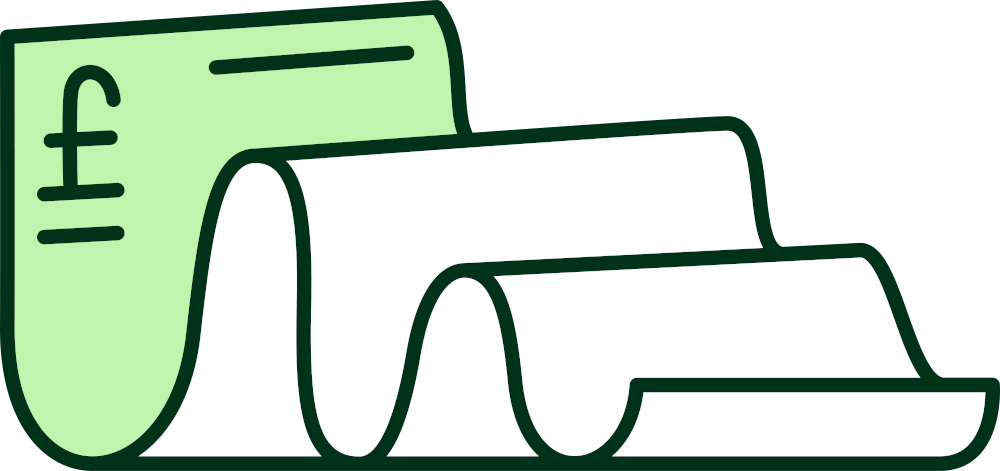If you get too much Universal Credit you must pay it back to the Department for Work and Pensions (DWP). However, if you are told you have been over paid and you disagree, you can appeal.
Why do overpayments happen?
Overpayments can happen for several reasons. For example:
- The benefits office made a mistake.
- You have given incorrect information.
- Your circumstances changed and you did not tell the benefits office.
The DWP can ask you for the money back, even if they made a mistake and paid you too much.
What happens if I receive an overpayment?
The DWP will contact you to tell you of an overpayment. If you think the overpayment decision is wrong you can appeal by asking for a mandatory reconsideration. You should do this within one month of being given the decision.
If you do owe money you can offer to repay it in affordable amounts.
Fraud and civil penalties
The DWP may say you have committed fraud if you:
- did not tell them about something that affects your claim
- said something untrue when you made a claim.
If you are accused of fraud, you should seek specialist benefits advice as soon as possible.
If you haven’t committed fraud but the overpayment is because you gave incorrect information and did not try to correct the error, you may be fined. The fine is added to what you have to pay.
Writing off overpayments
The DWP can write off the debt if they paid you too much. This is rare, and usually only happens when getting the money back from you will cause serious problems for you or your family.
How do I pay back what I owe?
The DWP can get the money back in three ways:
- Deductions from Universal Credit. This will usually be 15% of the standard allowance.
- Taking money straight from your wages. The DWP will tell you and your employer how much will be deducted. You should not be left with less than 60% of your net earnings.
- The DWP can take you to court. This is rare and usually only happens if you are no longer claiming benefits and you cannot agree a repayment plan.


